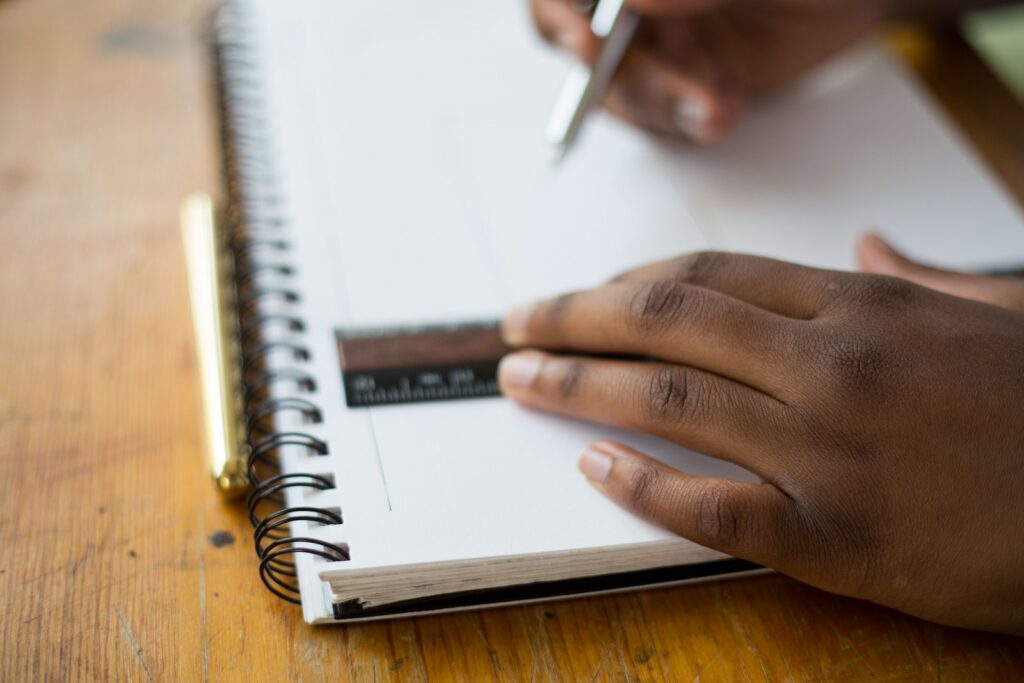
Educational institutions in Dallas, Texas, are embracing a wave of innovation in teaching methods to enhance learning experiences for students. At the forefront of this shift are private schools that have the flexibility to experiment with cutting-edge techniques. These methods focus on personalizing learning, encouraging critical thinking, and fostering a love for lifelong learning. They represent a departure from traditional rote memorization, emphasizing instead skills that are vital for success in the 21st century.
Within the classrooms of some of Dallas’s most progressive private schools, educators are implementing diverse strategies to meet the varied needs of their pupils. From harnessing technology to promote interactive learning to adopting holistic approaches that address the physical, emotional, and intellectual growth of students, these schools are setting new standards in education. The top five innovative teaching methods being pioneered are not only redefining the educational landscape in Dallas but also offering a blueprint for others to follow.
Interactive and immersive learning experiences are becoming hallmarks of these advanced teaching strategies. They offer environments where students can engage with the material in a meaningful way, ensuring that knowledge is not merely transmitted but experienced. Smaller class sizes, integrated curriculums that connect different subjects through thematic units, and a supportive atmosphere where students are encouraged to take intellectual risks all contribute to the efficacy of these innovative methods.
Collaborative Learning Environments
Collaborative learning environments in Dallas private schools foster a culture of shared ideas and collective problem-solving. They place a strong emphasis on student interactions as a significant component of the learning process.
Peer-to-Peer Discussion
In Dallas private schools, peer-to-peer discussions are structured to encourage active engagement between students. Teachers facilitate these discussions, ensuring that each student contributes their thoughts and listens to others. The focus is to develop critical thinking and communication skills through direct interaction, which involves questioning, clarifying, and debating academic concepts.
- Objectives:
- Enhance critical thinking
- Improve communication abilities
Group Projects
Group projects are integral to learning in these schools, as they mirror real-world collaborative workflows. These projects vary from short-term assignments to extensive research studies, all requiring students to divide roles, manage time effectively, and collaborate towards a common goal.
- Key Elements:
- Role assignment
- Time management
- Collective goal achievement
Tasks typically include research, presentation creation, and group presentations, with a clear emphasis on the importance of each member’s contribution to the final product.
Technology Integration in the Classroom
Private schools in Dallas are enhancing their educational offerings through the adoption of advanced technology in classrooms.
Interactive Whiteboards
Private schools in Dallas have integrated interactive whiteboards into the learning environment, facilitating dynamic lessons. These whiteboards act as a focal point where students can interact with the material, as teachers seamlessly blend media and real-time annotations to deepen understanding.
Educational Software
In addition to hardware, private schools employ a variety of educational software to cater to diverse learning needs and styles. They make use of:
- Mathematics software: Programs like Mathspace and DreamBox that adapt to a student’s performance.
- Language learning: Tools like Duolingo and Rosetta Stone to promote language acquisition.
- Science simulations: Platforms such as Labster offering virtual lab experiences.
This use of educational software provides personalized learning paths enhancing student engagement and learning outcomes.
Experiential Learning Opportunities
Private schools in Dallas, Texas, are embracing experiential learning opportunities to enhance student engagement. This approach is designed to connect classroom theory with real-world experiences.
Field Trips
- Dallas Arboretum and Botanical Garden: Students in biology or environmental science classes often visit to study ecosystems firsthand.
- Perot Museum of Nature and Science: Provides an interactive environment for students to engage in various scientific concepts.
Hands-on Projects
- Robotics Programs: Schools like the St. Mark’s School of Texas have students design and build their own robots.
- Art Installations: The Lamplighter School encourages students to create art installations that are displayed throughout the campus.
Inquiry-Based Instruction
In Dallas, Texas, private schools are adopting inquiry-based instruction to enhance the learning experience. This learner-centered approach encourages students to ask questions and explore topics in depth, fostering a more engaging and interactive classroom environment.
Student-Led Research
In this method, students select their own topics related to the curriculum and conduct research using a variety of sources. They’re guided by teachers but take primary responsibility for their learning, often working in groups to discuss findings. For example:
- Tools: Research databases, libraries, interviews
- Outcome: Students create presentations or reports to demonstrate their knowledge.
Critical Thinking Exercises
Exercises aimed at developing critical thinking are integral to inquiry-based instruction. They are designed to challenge students’ reasoning abilities and encourage an analytical approach to problems. Activities include:
- Socratic Seminars: Facilitated discussions where students ask and answer questions.
- Case Studies: Analysis of real-world scenarios related to the subject matter.
Differentiated Teaching Strategies
Differentiated teaching is a responsive approach, where instructors tailor their methods to accommodate each student’s learning needs and preferences.
Adaptive Learning Paths
Dallas private schools are actively integrating adaptive learning paths into their curriculum. This approach uses technology to assess a student’s current knowledge base and then provides individualized lesson plans. For instance, if a student excels in mathematics, the adaptive system may offer more advanced problems to tackle, ensuring consistent intellectual growth.
Visual and Audio Aids
Visual and audio aids have become significant in enhancing the learning experience. Dallas educators incorporate a mixture of images, videos, interactive whiteboards, and audio recordings to suit different learning styles. Studies suggest that when a biology lesson on cellular structures, for example, is supplemented with high-quality animations, students grasp the concepts more rapidly and retain the information longer.
